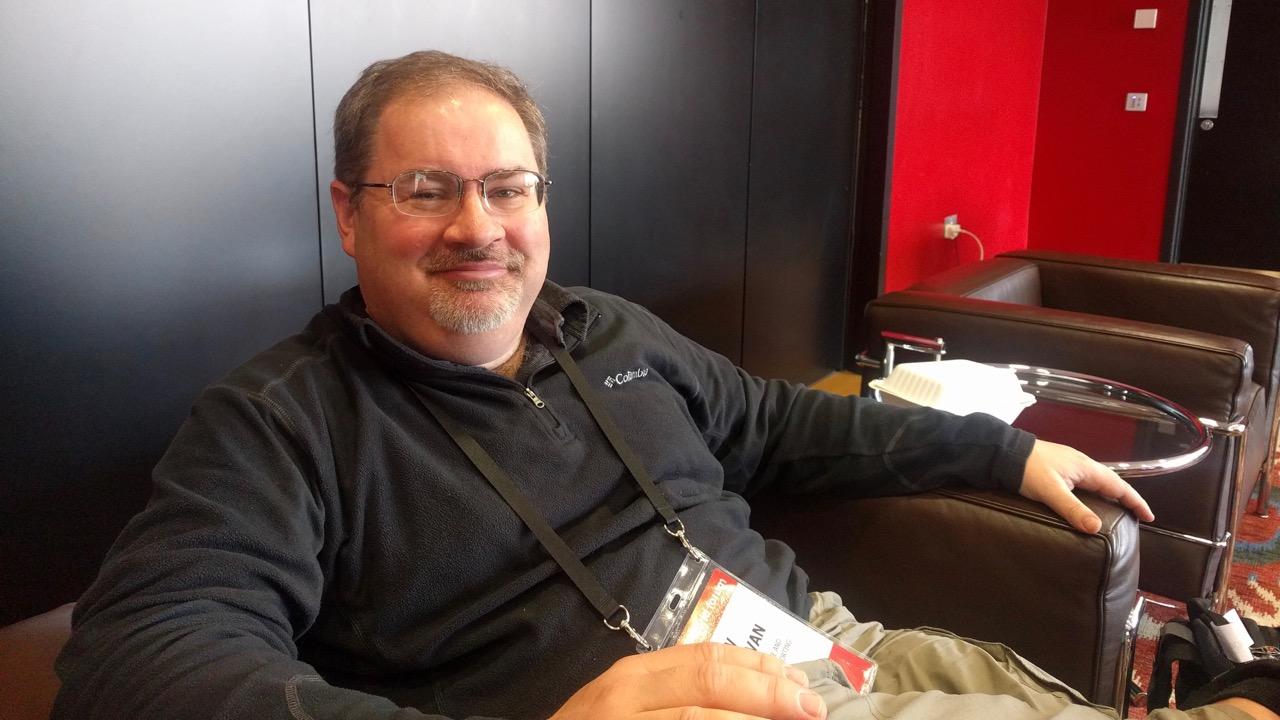Disrupting the Kleptocrat’s Playbook, one investigative report at a time
Drew Sullivan, founder and editor of the Organized Crime and Corruption Project.
Corruption has long been with us. The fall of the Roman Empire is said to have been hastened by corrupt officials, who stuffed their pockets while the empire ran out of money. And then came roughly a thousand years of the Dark Ages.
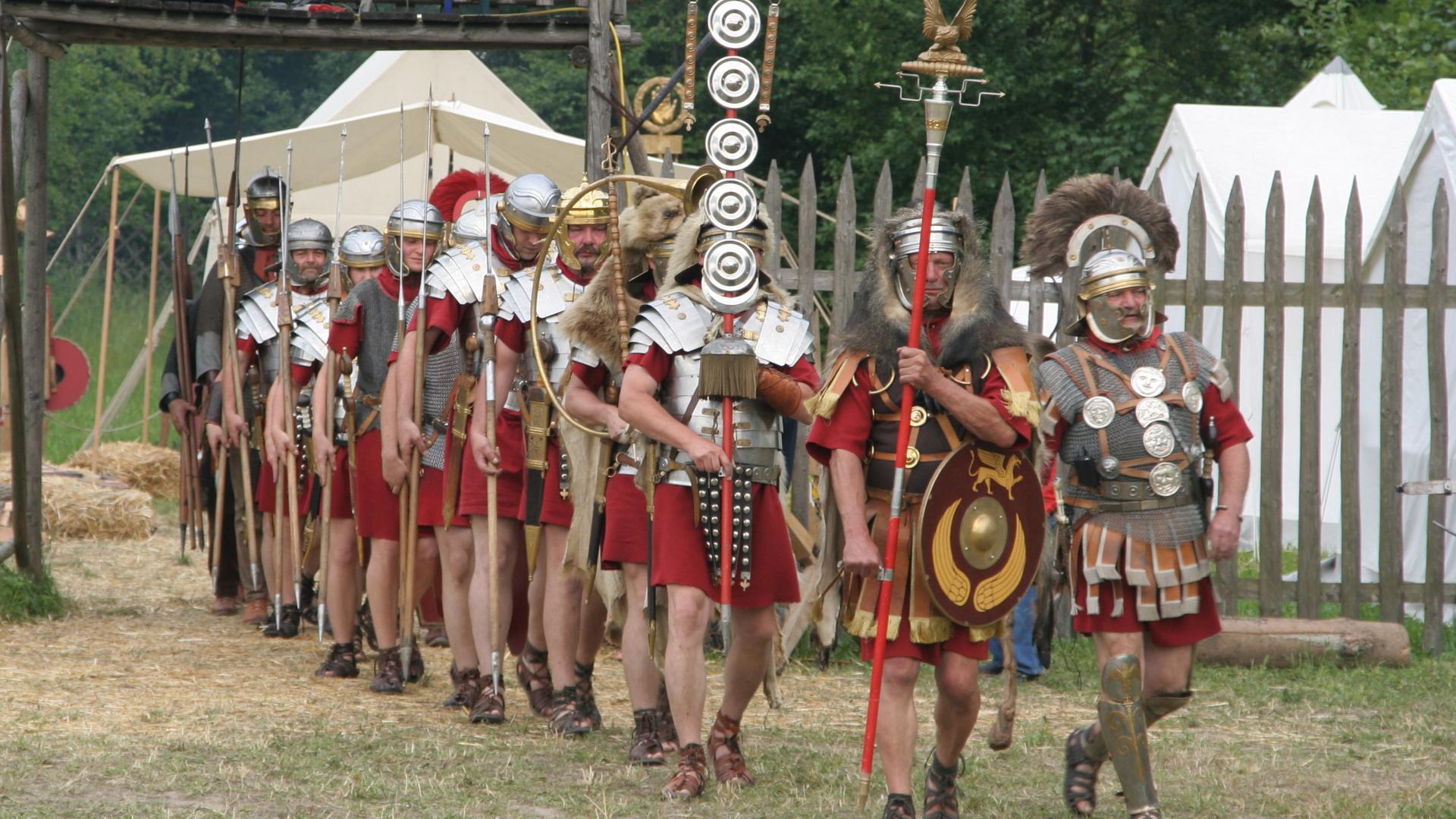
And in the 21st Century? Aside from the obvious observation that President Donald Trump’s business empire continues to profit, while he refuses to release his tax returns, that he has allowed lobbyists to cycle into government positions without the previously imposed waiting period, and that he has now stopped making public the log of White House visitors, corruption, anywhere, is corrosive — especially for democracies, and especially in an interdependent global economy.
The likelihood of unrest, of extremism, possibly even of mass migration, is in part linked to the degree to which the rich get richer, and the poor get poorer.
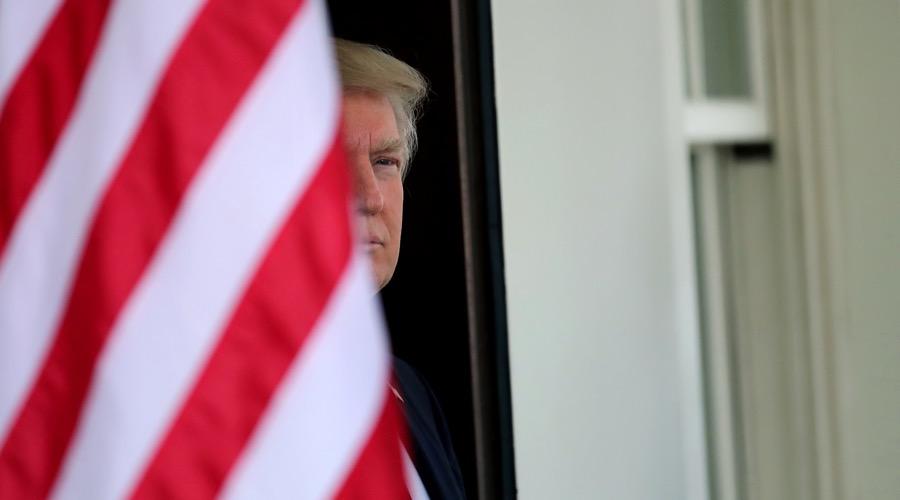
“Ten times more is lost to corruption in developing countries than is given in foreign aid each year,” says Mark Wolf, a senior United States district court judge in Boston, and the chair of Integrity Initiatives International. “It is indignation at corruption that creates the constituency for terrorists. There’s an absolute correlation between the countries that are most corrupt at the highest levels, and those that are most abusive of the human rights of their citizens. It’s been said that the amount lost to corruption each year could feed the world’s hungry 80 times over. “
So, Judge Wolf has an idea, backed by Integrity Initiatives International, and seen as hopeful by such groups as Human Rights Watch, Global Witness and Transparency International: create an International Anti-Corruption Court, not unlike the International Criminal Court.
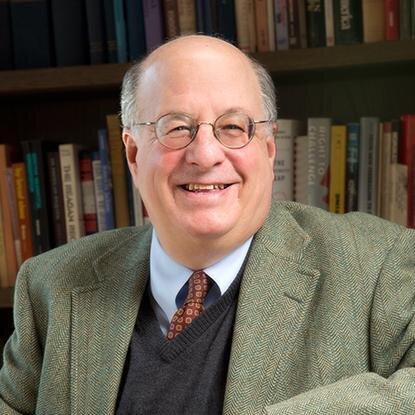
The tricky part is that the court’s jurisdiction would need to be recognized in the countries where it’s going after corrupt leaders. If those leaders have been successful in the game of state capture — bending the media, the courts, and institutions of civil society and the legislature to their will — it could be challenging to get them to cooperate.
Of course, the same thing could have been said about the International Criminal Court, and the answer there was, leaders answered for what they did after they were driven from power. One thing that can help speed a corrupt leader’s fall, and the chance of ever having to answer in court for abuses of power, is exposing to the public all that a leader is doing.
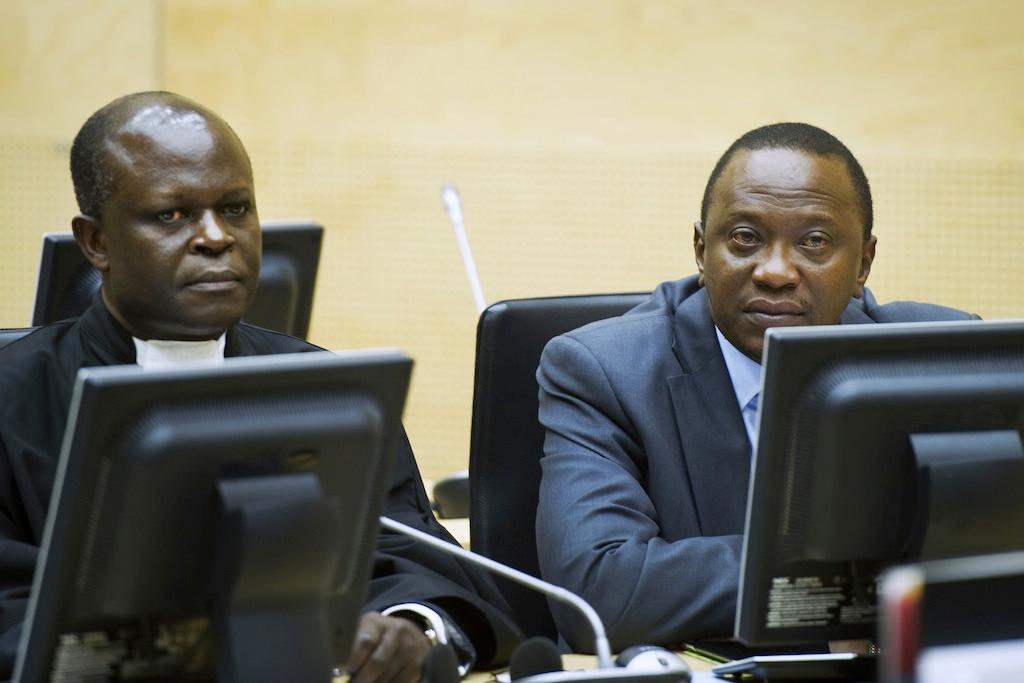
So, in an age when too many countries have fallen victim to state capture, when too many democracies have been imperiled by those in power who care more about their own gain than about the populations they’re meant to serve, good investigative journalism is a critical part of ensuring this century doesn’t end up belonging to kleptocrats.
Timely, then, that the Pulitzer Prize for Explanatory Reporting just went to the International Consortium of Investigative Journalists, an international network of more than 400 investigative reporters, working with McClatchy and the Miami Herald, for their work on the Panama Papers, described in their Pulitzer entry as “a giant leak of 11.5 million financial and legal records exposes a system that enables crime, corruption and wrongdoing, hidden by secretive offshore companies.”
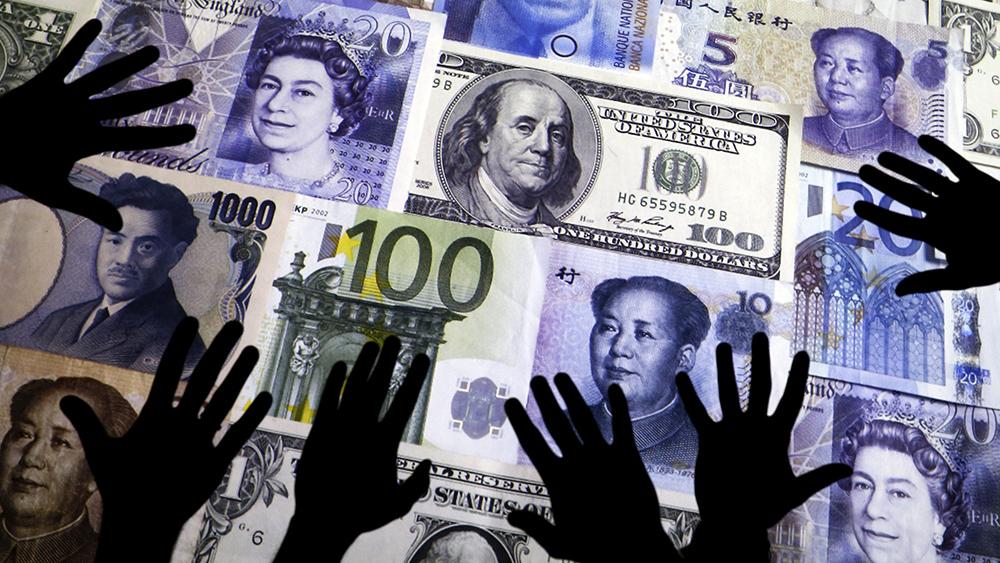
“Here’s the thing,” says Drew Sullivan, founder and editor of the Organized Crime & Corruption Reporting Project (OCCRP), which shared in this Pulitzer Prize and has won some 90 awards globally for investigative work by its network of journalists in 20 countries. “You need investigative reporting. You need to hold people accountable."
“But there's a real danger. We're at an important point in history. And with misinformation, with propaganda out there, with more competing sources of information than ever before, the public needs information it can make decisions on. And we saw what happened in America, and in other places in the world when they didn't have that information. Bad decisions get made. Bad things happen.”
In this environment, Sullivan believes good journalism that exposes corruption and holds the powerful accountable is a common good, one that “should be valued like national parks,” and that finding a sustainable funding model for it that won’t compromise the journalism should be a top priority for anyone interested in preserving and protecting democracy. Because, he says, one of the first things kleptocratic authoritarians try to do when they come to power is discredit the journalists who might try to hold them to account.
“This is done in a lot of different ways,” he says. “One, you criticize the media, and undermine it. Two, you shut it down using legal means. Three, you buy it with bribery and with threats. It's the old Mexican organized crime question, 'do you want the silver, or the lead?'"
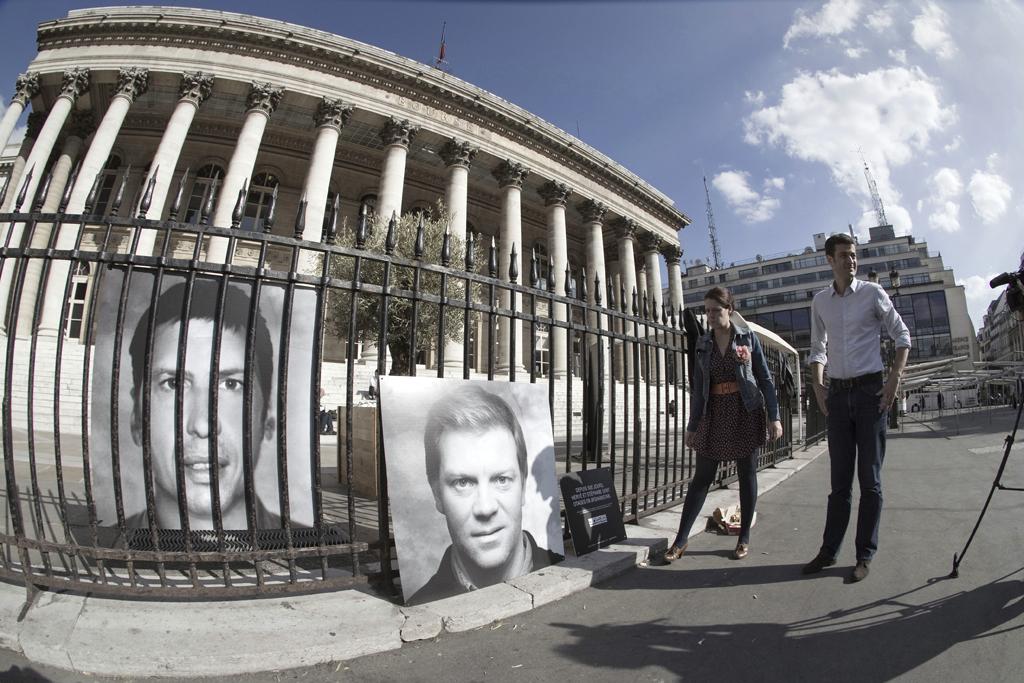
Having seen this happen in Serbia, driven by organized crime, in Poland, Hungary, Russia, Montenegro and in various countries in Asia and Africa, Sullivan was among many Americans who found it startling to hear President Trump call journalists “the enemy of the people.” “It was really a remarkable thing, when you think about it,” he says.
That’s not to say the United States is in the midst of state capture, Sullivan says, but there are certainly similarities between Trump’s focus in his first 100 days in office, and the usual moves in the unwritten authoritarian playbook.
“So you capture the media. Then you use that to destroy your enemies and to consolidate your power in government. And then you eliminate all the technocratic heads of all the major agencies. You kind of cripple the government, in many ways,” Sullivan says. “You put people in charge of agencies who are openly antagonistic towards those agencies. You eliminate agencies that are problems for you. You put your personal people in charge of the intelligence, and in the court, so you stack the courts, and then you get rid of anybody who says anything against it.”
“Then you attack the civil society organizations, you start investigating them. Activists are viciously put down, often with jailings, and you create criminal histories for them. Then you go to the major businesses and basically say, ‘you will work with me. And if you don't work with me, you will start getting investigated and you will start losing contracts and tenders. And then what you do is you move the money to those people most loyal to you.
“And so you end up, like Russia, where you have business working for your behalf, the military working for your behalf, politics working for your behalf, the media working for your behalf, and organized crime working for your behalf. And then you can use any one of those tools to basically subjugate anybody who goes against you. … And when you really need it, you create a terrorist attack, or you invade a neighbor … because patriotism still is an effective way of controlling people. It's a very effective tool and it's destroyed democracy in many places around the world.”
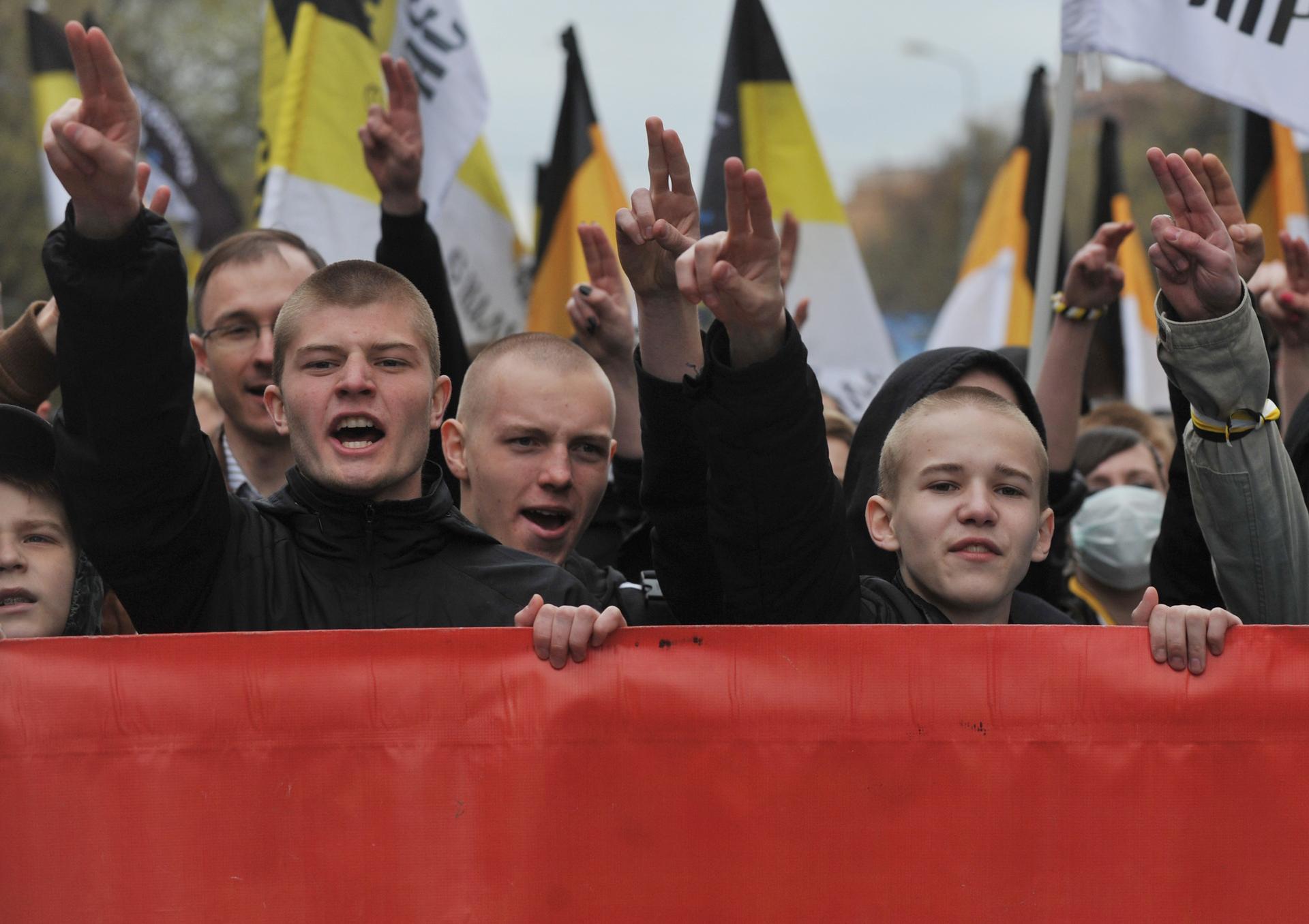
Recognizing this pattern early on can be crucial in helping a democracy survive. Good investigative reporting may not immediately bring down a kleptocrat, though it’s been known to happen, Sullivan says, but helping people understand how those in power are unfairly and illegally profiting from their position, can reduce how long they get to do it.
“Name and shame doesn’t work, because they have no shame anymore,” he says. “We call it hack and track. We basically use big data. We use investigative reporting, and we track them everywhere they go, and we show exactly what they’re doing.”
That can cause people who thought they’d elected a populist leader who cared about their needs and concerns, to recognize what they’ve ended up with instead, and to push back. “It’ll eventually fall apart. It’s very unstable. It usually lasts 20 to 30 years … but good investigative reporting can sometimes reduce the 30 years to five.”
Of course, kleptocrats don’t like being called out. Some have lashed back at the OCCRP in general, and at Sullivan in particular — starting with denial of service and phishing attacks on OCCRP’s computers, and expanding from there.
“I’ve been called just about everything in the book,” he says. “There have been many news stories about me around the world, saying I’m a CIA agent, I’m an organized crime figure — I’m a bad guy in general. … My reporters bear the brunt of this even more than I do. And then we’re sued quite often. We haven’t, knock on wood, had any physical attacks against us, because we’re very careful about how we do things, and we research everybody very carefully. You’ve got to know who kills and doesn’t kill, and what makes them kill and not kill. But it’s a dangerous business.”
But it’s dangerous for the kleptocrats, too, especially in a globalized world where distributed networks of investigative reporters in different countries can assemble a picture of how and where corrupt leaders are hiding their money. OCCRP’s technical staff is building technological tools and databases designed to help investigative journalists around the world share more efficiently share information, and recognize patterns.
Already, its Investigative Dashboard, also known as Aleph, is a research tool with a powerful search engine, visualization tools, and links to 400 online databases in 120 countries and jurisdictions, that can help journalists and others investigate and expose corrupt individuals and businesses.
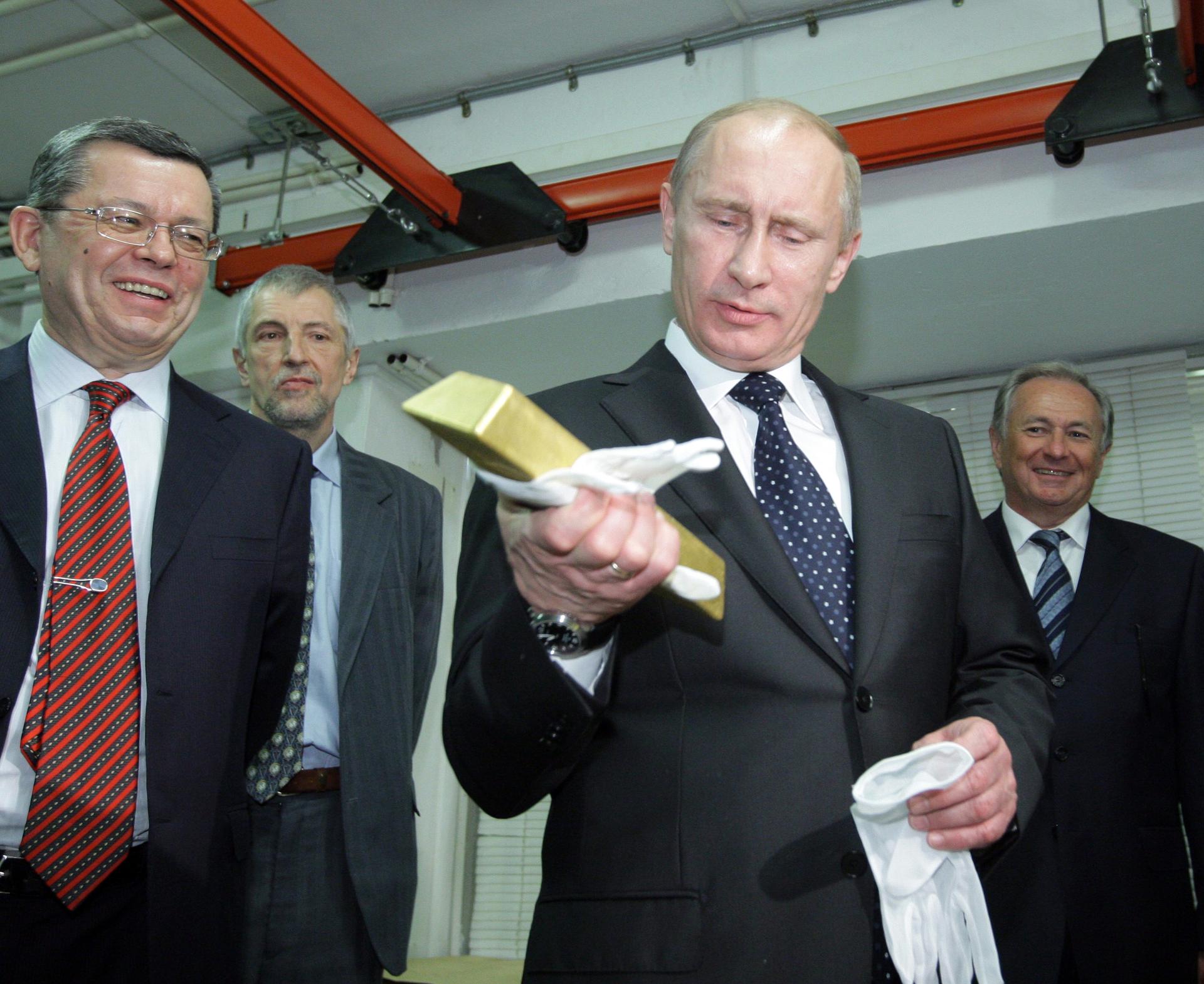
“Business is getting very complex, and government is getting complex,” he says. “Outside the United States, and even somewhat inside the United States, the economy is going through the offshore world. … If you look at China, and if you look at Brazil, and you look at Mexico, they all use offshores. And so consequently it's very difficult to track. … The banks, and the registration agents, and the lawyers, set this all up, so that no deal is straightforward. It's split up all over the place. So once you get into the global space, it's the Wild West. You can pretty much do whatever you want, and you're not likely going to be caught unless some journalism organization does something about you.”
As one such journalism organization, OCCRP has punched above its weight since Sullivan created it in 2004, in Sarajevo. Its network of journalists now do 70 major investigations a year, with a budget of $2.5 million, he says, resulting in $4.2 billion in illegally pilfered money being returned to governments.
“So we’re of great value, and that’s not counting the social good, which is estimated to be $100 return for every dollar invested in investigative reporting,” Sullivan says. “But we’re still out there, trying to get money to have one more reporter to work on one more story.”
While a bigger shoestring on which to operate would be nice, Sullivan says — additional money could go not just to more reporters, but also to developing more technological tools for investigative reporters around the world — increased crowdsourcing is also likely to become increasingly invaluable.
“We need to get to this global commons platform, where everybody can say, 'you know what? I'm going to contribute,” he says. “I work in this bank where I see criminal activity going, and I'm going to add that information to this, because I see the same names that you're looking for in my banks. And so I'm going to become a whistleblower. Or, I'm an expert on finance, and I can help you analyze these documents, and I can look at them and I can tell you what's actually happening here.”
And about all this, Sullivan feels a sense of urgency.
“Autocracy is in ascendancy around the world,” he says, noting that many a politician around the world has used populist appeals to win elections, and then undermined the very democratic system they’d promised to save. “In some ways, it feels a lot like 1933, the same kind of world situation, where people are not talking to each other. Individuals are controlling things and pushing countries in certain directions, and leading people to, potentially, a larger scale conflagration. And that’s what’s worrying. It almost seems like a cycle we go through, and people are not paying attention to what’s happened in the past.
“So all we can do is just as aggressively as possible, get more and more information about money and power, who's got it, who's using it, how are they using it, so that somebody can do something about it….We feel this sense that we’ve got to do something, and we’ve got to do it quickly.
